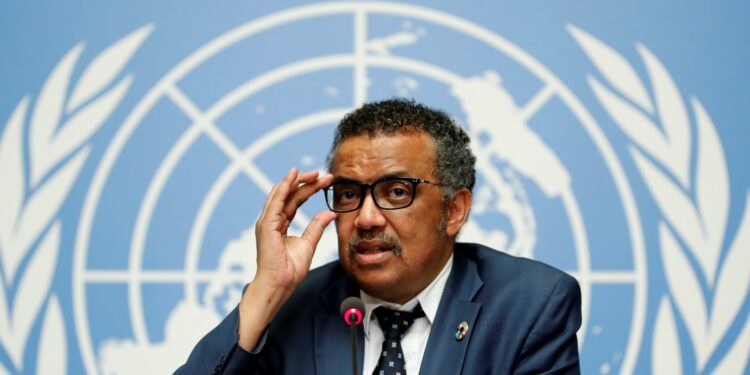The World Health Organization (WHO) has declared that mpox is no longer a global public health emergency, citing sustained declines in cases and deaths in the Democratic Republic of Congo and other affected countries, including Burundi, Sierra Leone, and Uganda.
WHO Director-General Tedros Adhanom Ghebreyesus announced the decision on Friday, following the advice of the UN health agency’s emergency committee.
While the global health emergency status has been lifted, Tedros emphasized that the threat is not over, and the WHO’s response will continue.
The situation remains a continental emergency in Africa, where the disease is still a significant public health concern.
Mpox, caused by a virus from the same family as smallpox, can be transmitted to humans by infected animals or through close physical contact, causing symptoms like fever, muscular aches, and skin lesions.
The WHO declared a public health emergency of international concern (PHEIC) in August 2024 due to a two-pronged mpox epidemic in the DRC.
The decision to lift the emergency status comes after a steady decline in cases and deaths, but experts warn that continued vigilance and investment are crucial to protect vulnerable groups, including children and people with HIV.









